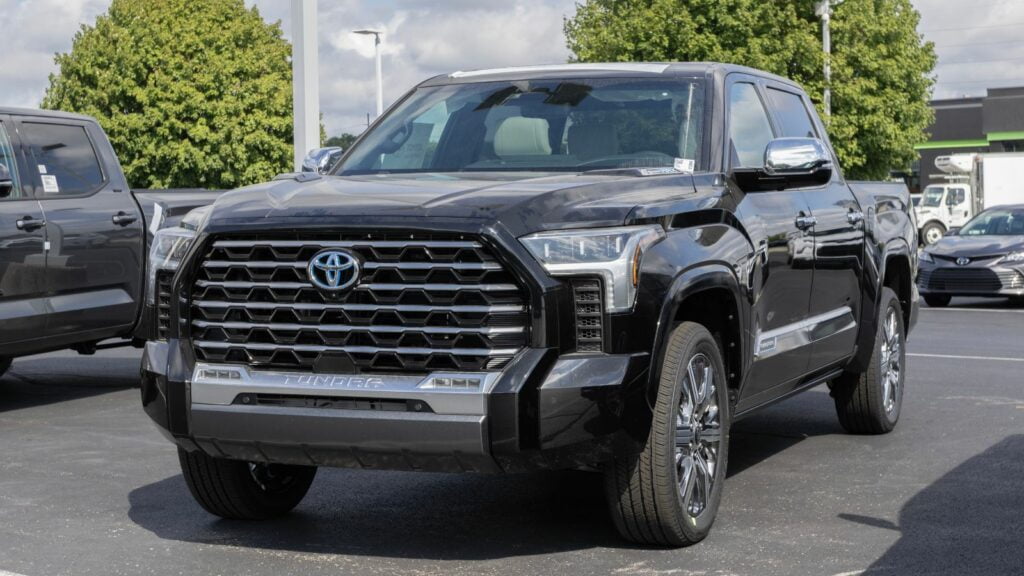Pickup trucks are woven into American culture. They show up in work crews, small towns, suburbs, farms, and even downtown parking garages. They carry equipment, tow trailers, haul building materials, and sometimes simply serve as everyday family vehicles. But the name itself is rarely questioned. Why are they called pickups instead of just trucks The answer comes from early automotive history and the moment when the automobile shifted from being a personal travel machine to becoming a tool for work.
The Name Comes from Their Original Purpose
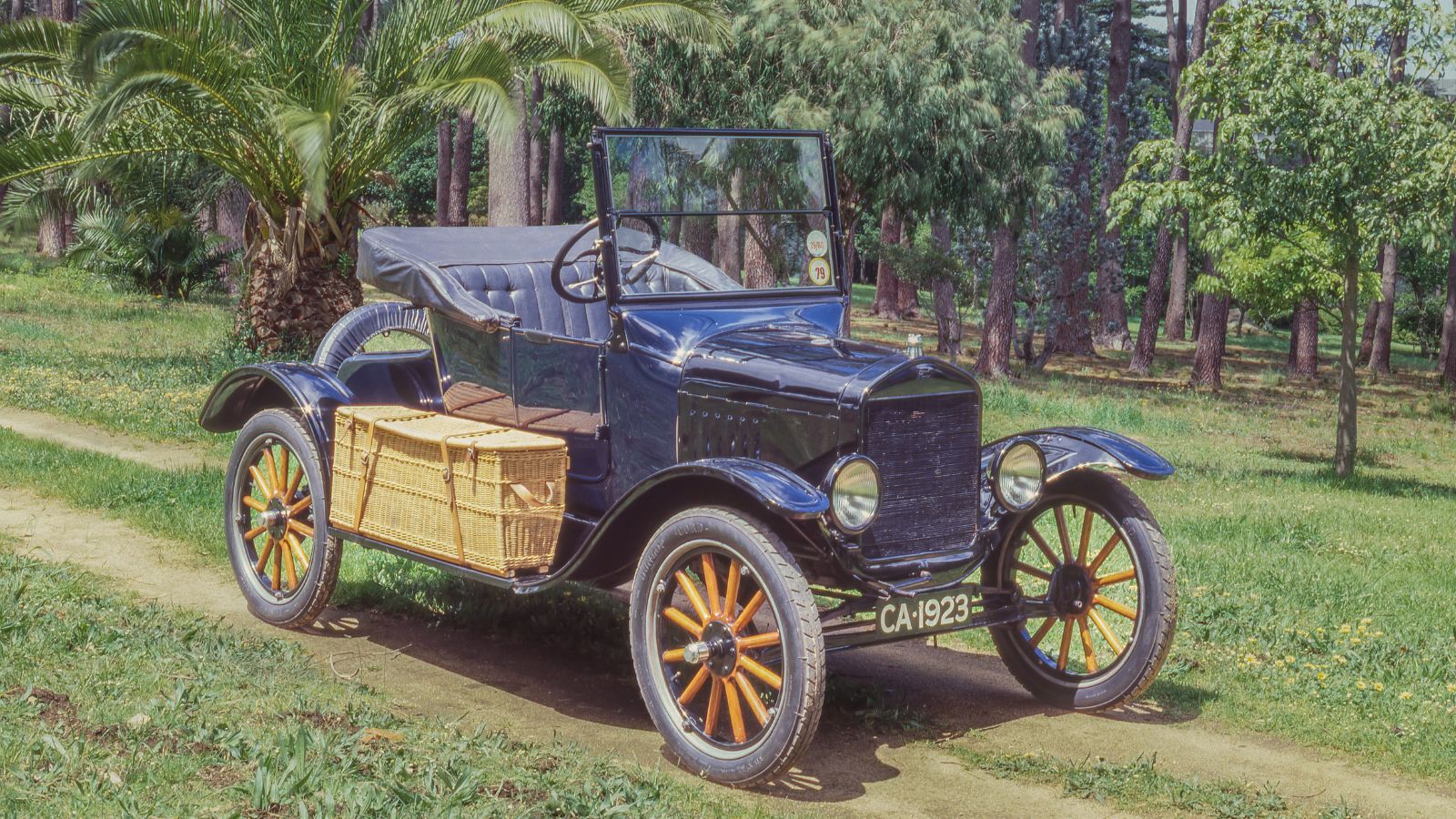
When cars first appeared in the early twentieth century, they were designed for transportation, not labor. People who worked on farms, ranches, and construction sites needed something that could carry tools, animals, feed, lumber, and equipment. Early automakers saw this need and began offering vehicles that could do more than move passengers. These vehicles were built to pick up and move goods. The name came naturally. Owners would say they were going to pick up supplies using the truck. Over time, the vehicles themselves became known simply as pickups.
Ford Popularized the Term with the Model T Pickup
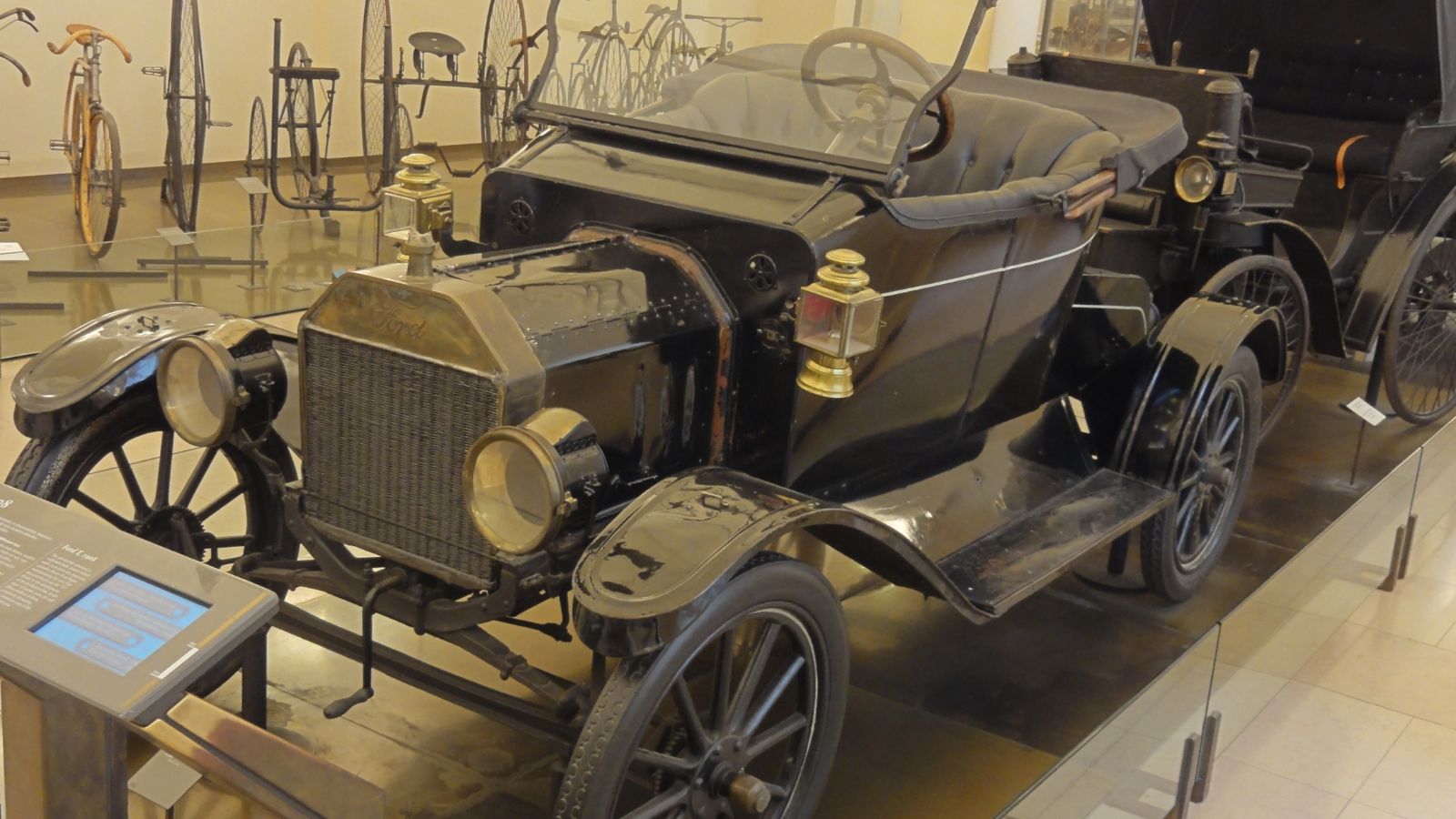
Henry Ford did not invent the pickup concept, but he helped make it mainstream. The Ford Model T was accessible, easy to repair, and could be adapted into many forms. In the 1920s, Ford introduced a factory produced cargo bed that attached behind the passenger area. Ford called this setup a pickup body because it was specifically meant for carrying items. This was the first time an automaker used the word in advertising and catalogs. The wording caught on fast. Ford’s enormous influence meant that whatever Ford called something, the public usually adopted that language.
How the Pickup Differed from Larger Trucks
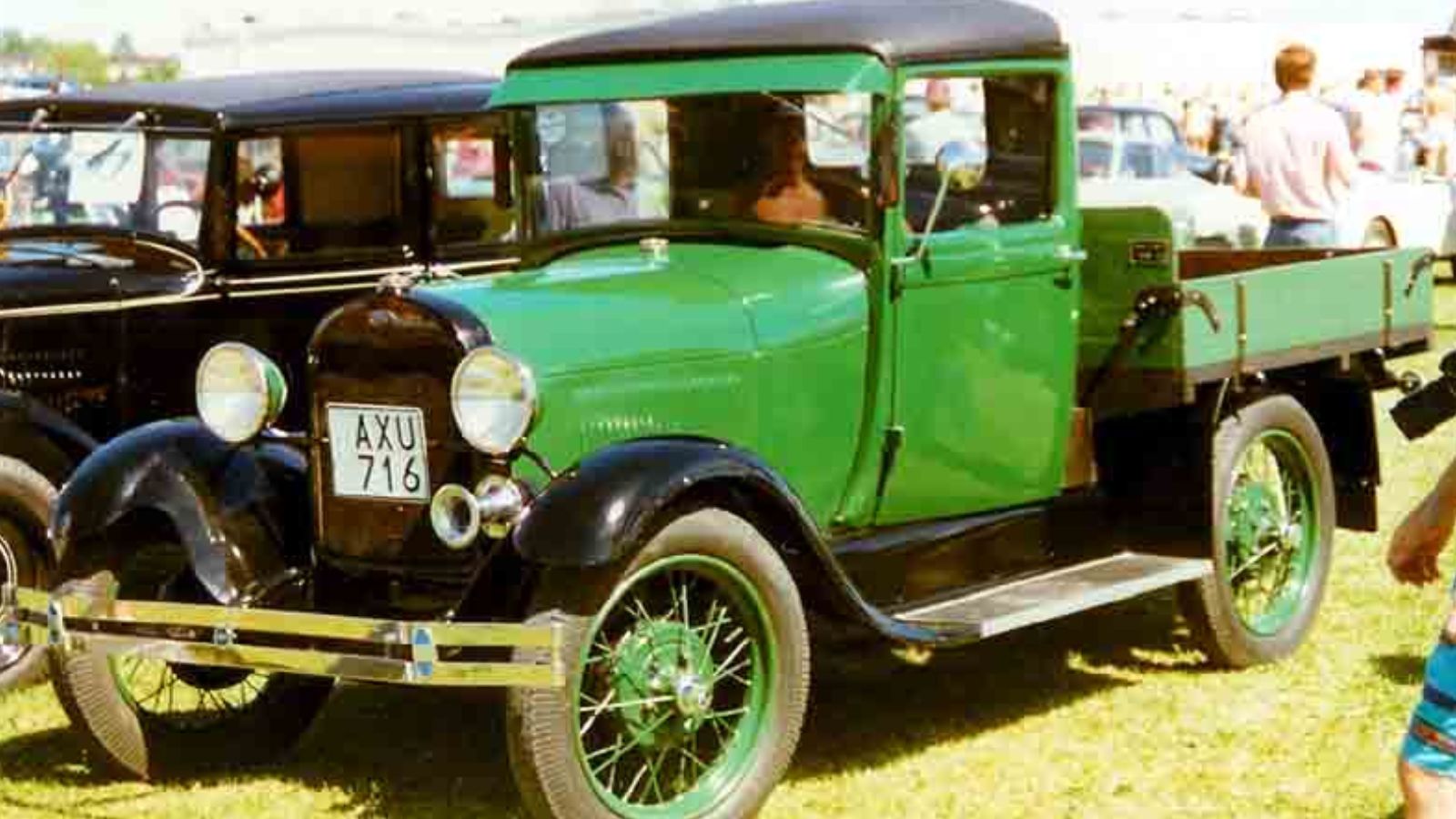
Before pickups existed, there were already large commercial trucks used by shipping companies, factories, and city services. These heavy trucks required special training to drive and were not practical for everyday personal use. The pickup introduced something new. It had a regular driver cabin like a car and a small cargo bed behind it. You could drive it to church in the morning and haul fence posts in the afternoon. It was easy to own, easy to park, and far cheaper than a commercial truck. Because of that, people needed a way to distinguish between the big trucks and the smaller, personal cargo vehicles. Pickup filled that gap.
American Work Culture Made the Name Stick
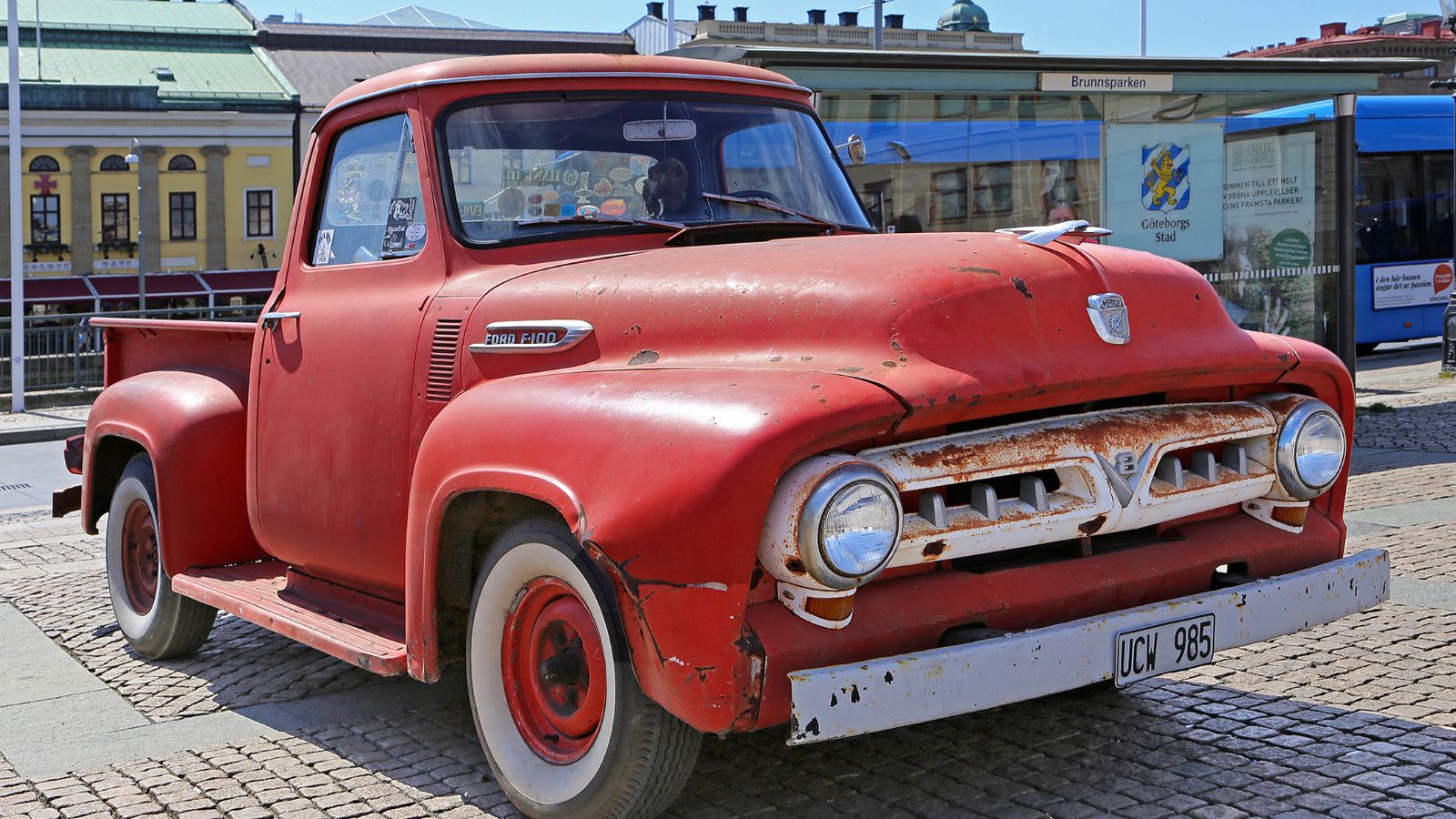
The United States has a long tradition of self reliance and hands on labor. People valued tools that allowed them to do work themselves. The pickup was useful on farms, on ranch land, in logging operations, and in construction. It became part of daily life, not just industry. When a word enters everyday speech rather than just manuals and catalogs, it becomes part of the culture. Pickup became more than a label. It became an identity.
By the mid twentieth century, country music, outdoor living culture, and rural lifestyle imagery had tied themselves closely to the pickup. The truck represented independence and capability. Even people who did not need one immediately understood the symbolism.
Pickups Became Household Vehicles
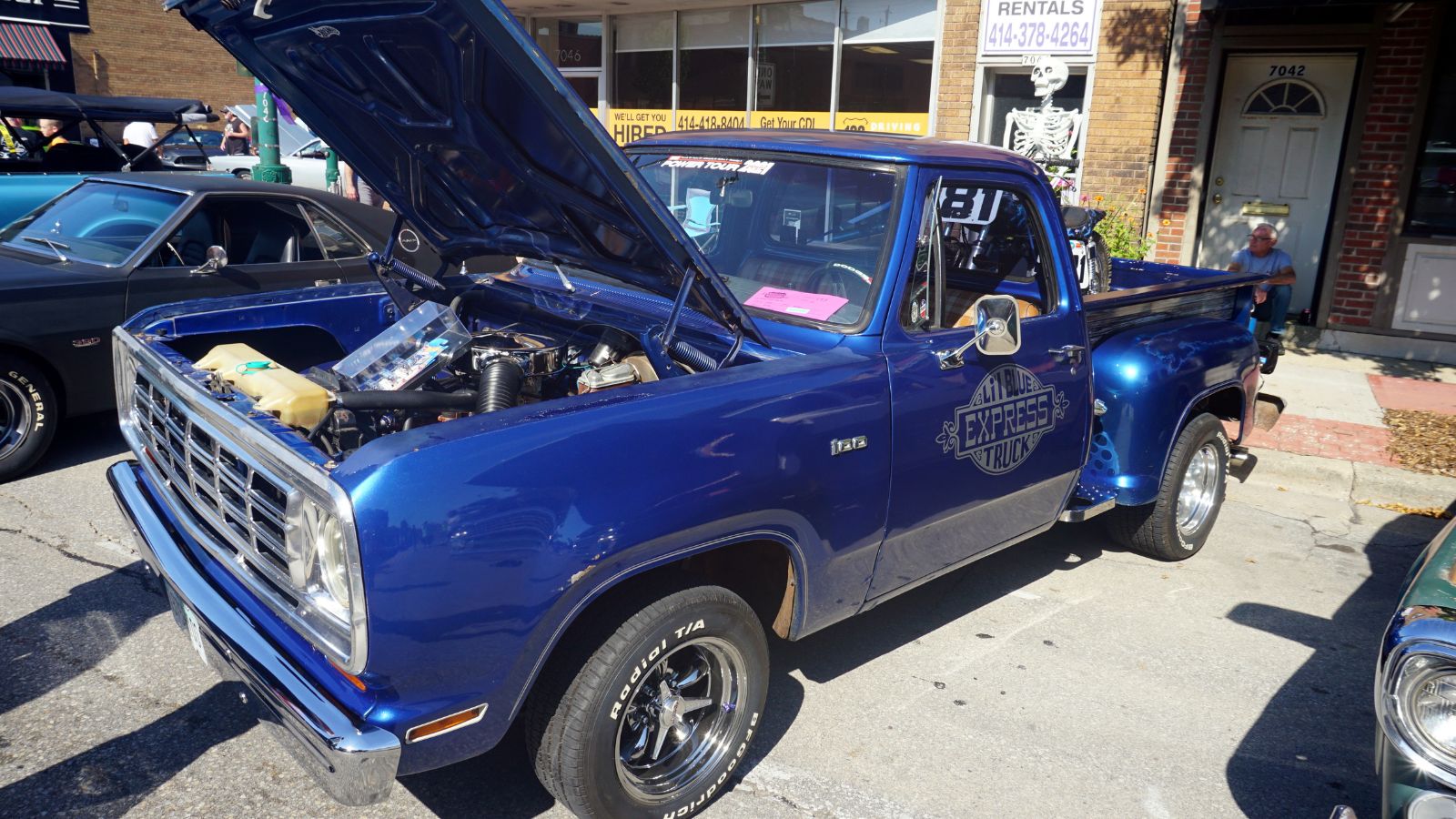
Over time, pickups began shifting from purely work vehicles to everyday drivers. Manufacturers added bigger cabs, better seats, stronger heating systems, and eventually luxury interiors. People drove them to school, to the store, to weekend trips. The name did not change, even though the trucks themselves changed significantly. Pickup continued to represent usefulness even when many trucks were now used more for commuting than hauling.
The Word Means More Than Just a Vehicle
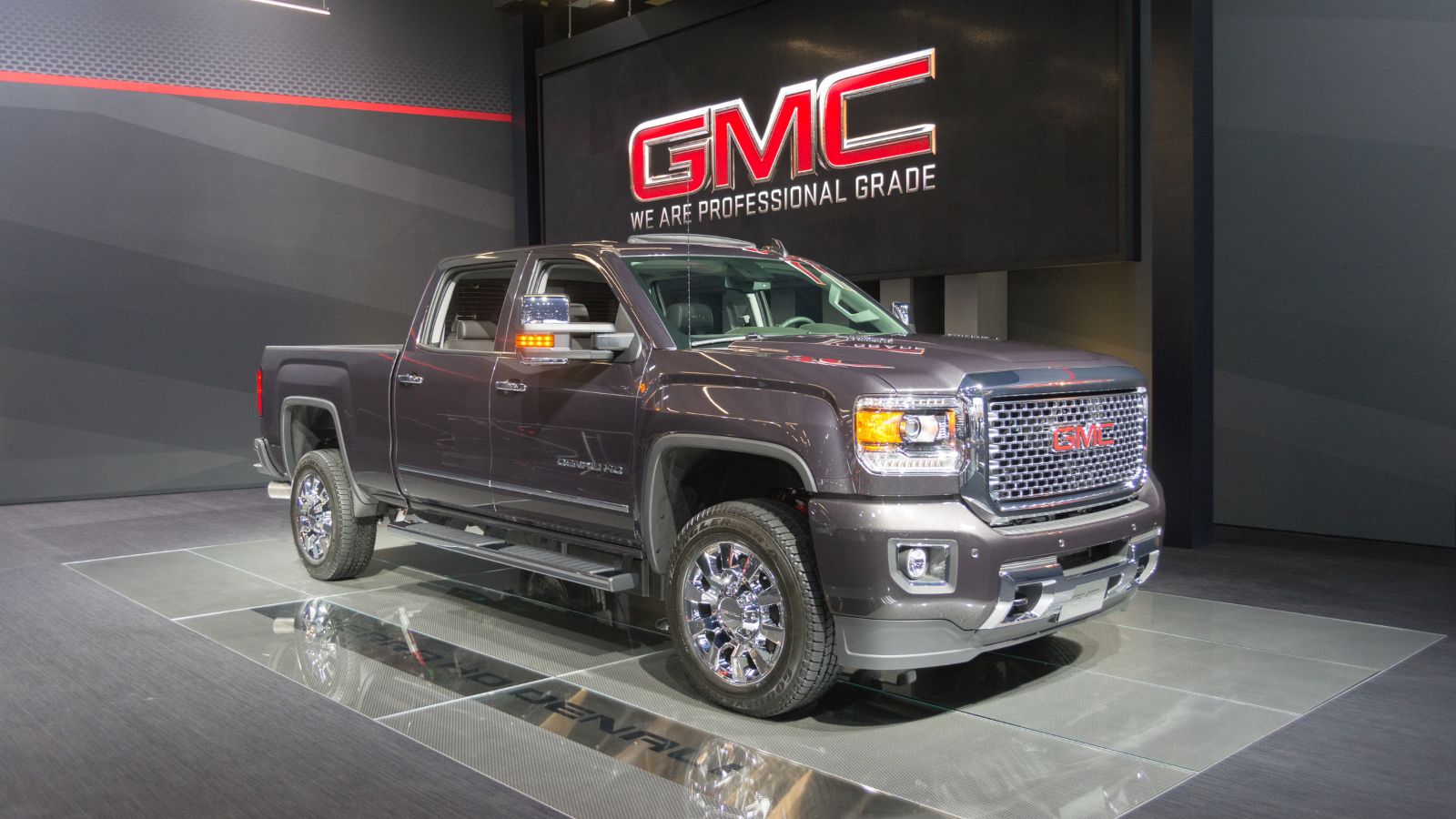
Pickup is not just a technical classification. It is a cultural identity. The word ties the vehicle back to its roots as a working tool. It suggests readiness, practicality, and strength. Even the most expensive luxury trucks today still use the name because the identity matters more than the literal function. The word carries a sense of being able to handle real tasks, even if the biggest thing the truck picks up today is groceries.
The Pick Up
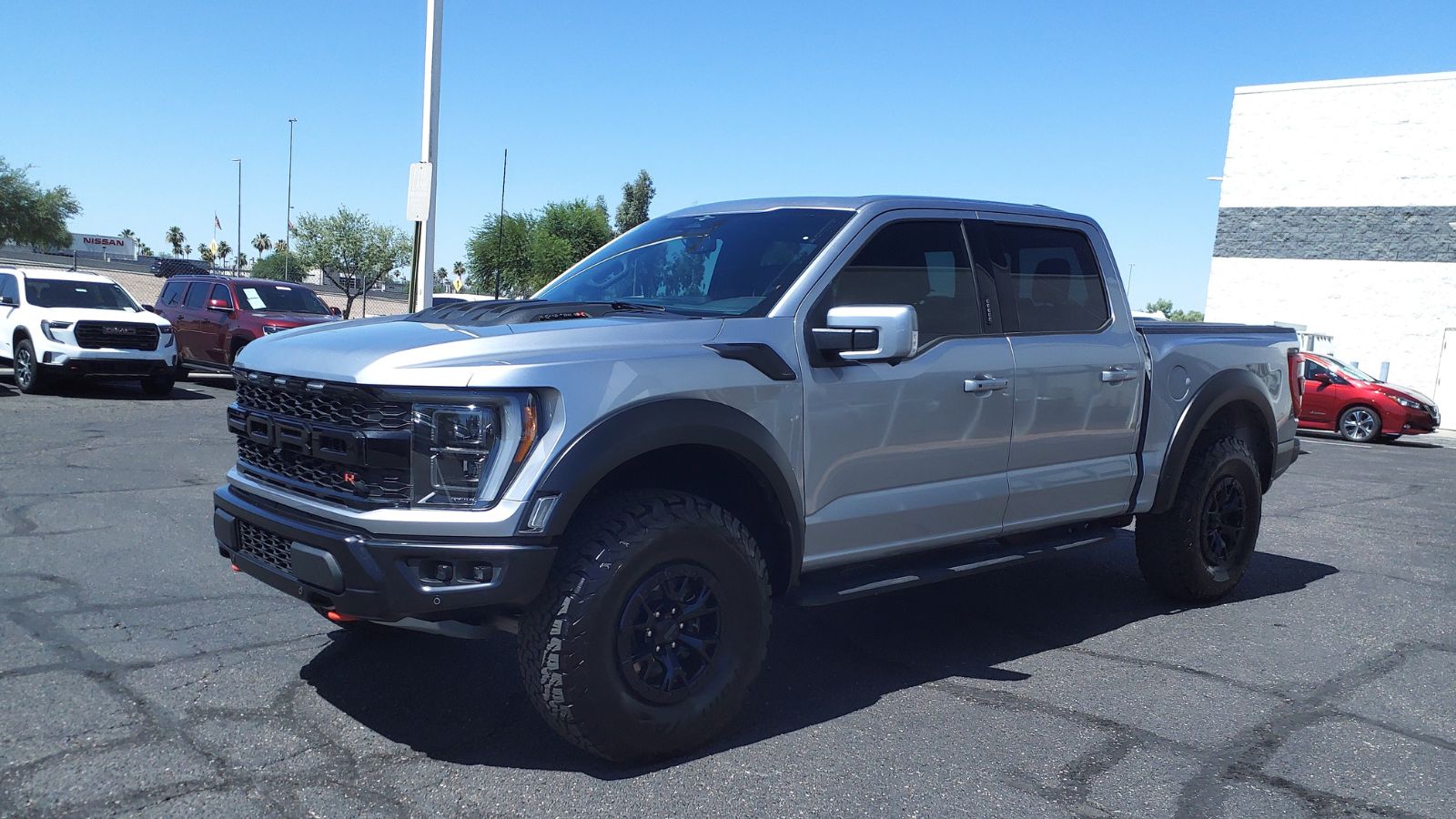
Pickups got their name from what they were originally designed to do: pick up and carry goods. Ford helped popularize the term, and American work culture cemented it. Even though the trucks themselves have changed dramatically, the name remains because it reflects more than just transportation. It reflects usefulness, independence, and the idea that a vehicle can be a tool, a companion, and a part of everyday life.
25 Facts About Car Loans That Most Drivers Don’t Realize

Car loans are one of the most common ways people fund car purchases. Like any other kind of loan, car loans can have certain features that can be regarded as an advantage or a disadvantage to the borrower. Understanding all essential facts about car loans and how they work to ensure that you get the best deal for your financial situation is essential. Here are 25 shocking facts about car loans that most drivers don’t realize:
25 Facts About Car Loans That Most Drivers Don’t Realize
